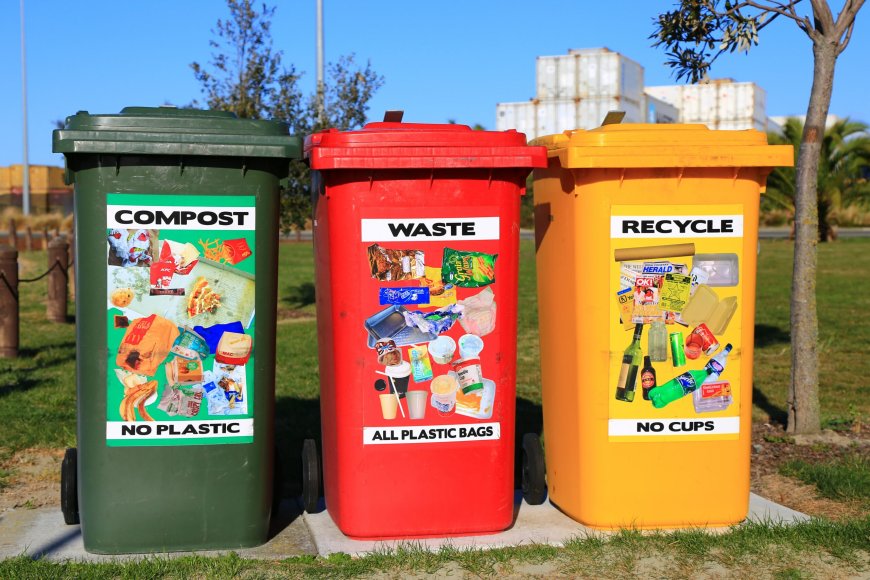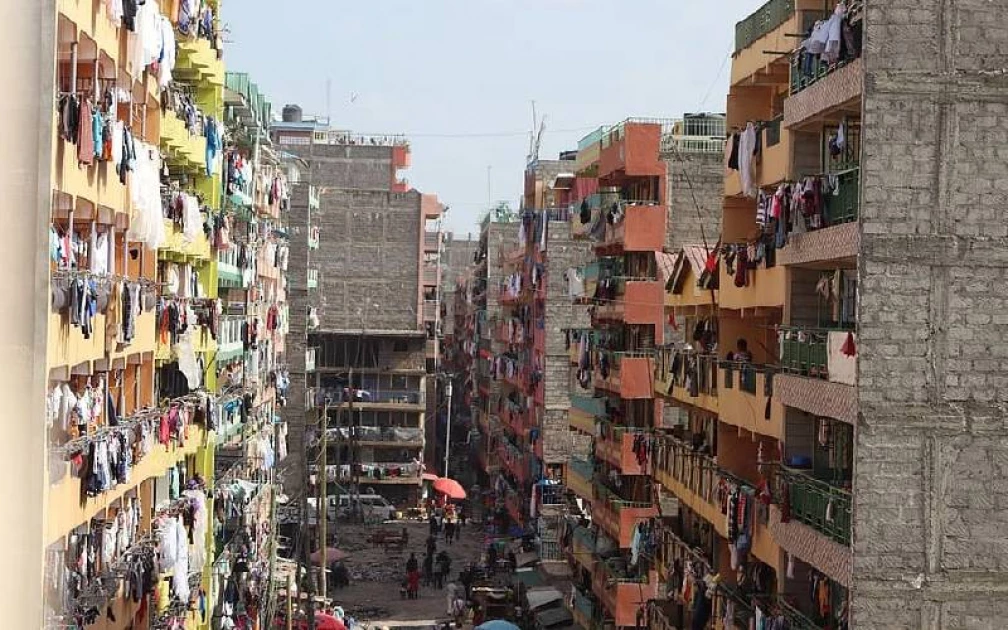Transforming Waste Management
This article explores the environmental benefits of biodegradable bags in relation to waste management. It discusses their role in efficient waste processing, promoting a circular economy, minimizing pollution, and enhancing public education on sustainability. Examples from various cities illustrate how communities can transform their waste practices and make significant strides towards environmental health through the adoption of biodegradable alternatives.

Transforming Waste Management: The Environmental Benefits of Biodegradable Bags
Introduction
As urbanization and population growth continue to escalate, so does the challenge of managing waste. In the face of overflowing landfills and polluted ecosystems, innovative solutions are crucial. Among them, biodegradable bags present a compelling answer to modern waste management challenges. But why are these bags vital for environmental health, and how can their adoption reshape our waste landscape?

The Waste Management Challenge
Traditional plastic bags are a substantial contributor to the waste management crisis. They are lightweight, easily blown away, and can take hundreds of years to decompose. Moreover, they often end up in the ocean, where they break into microplastics, further complicating environmental cleanup efforts. Biodegradable bags, on the other hand, offer a practical solution to the escalating problem of waste.
1. Efficient Waste Processing
Biodegradable bags can decompose in compost facilities and landfills equipped with the right conditions, significantly reducing the volume of waste. This efficient breakdown can alleviate the burden on waste management systems, allowing for a more manageable approach to handling trash.
Example: Several municipalities across Europe have started using biodegradable bags in their composting programs. Cities like Amsterdam have reported noticeable decreases in the overall waste entering landfills, thanks to the incorporation of these compostable alternatives.
2. Promoting Circular Economy
The concept of a circular economy revolves around minimizing waste by reusing materials and fostering sustainability. Biodegradable bags fit seamlessly into this framework. By creating products designed to return to the earth safely, they encourage both businesses and consumers to embrace more sustainable practices.
Example: Companies like Uncommon Goods have embraced the circular economy by introducing biodegradable bags for their products. This commitment not only appeals to eco-conscious consumers but also exemplifies how businesses can thrive while benefiting the environment.
3. Minimizing Pollution
Traditional plastic bags contribute significantly to environmental pollution. When plastics break down, they emit harmful chemicals into the soil and water supply. Conversely, biodegradable bags, when disposed of correctly, break down into non-toxic waste.
Example: In the city of Vancouver, the local government instituted a program promoting biodegradable bags while simultaneously banning plastic alternatives. This initiative not only reduced pollution levels but also increased public awareness about the negative impacts of plastic products.
4. Environmental Education and Empowerment
Switching to biodegradable alternatives plays a pivotal role in educating the public about environmental responsibility. As communities adopt these practices, they become more aware of their consumption patterns and the necessity of reducing single-use items.
Example: The "Plastic-Free July" initiative gained traction worldwide, encouraging individuals to minimize plastic use. Cities that embraced biodegradable bags as part of this initiative witnessed positive shifts in public behavior, with many residents making long-term commitments to sustainability.
Conclusion
Biodegradable bags represent not just an alternative, but a transformative approach to waste management that aligns with our planet’s needs. By facilitating efficient waste processing, promoting a circular economy, minimizing pollution, and educating communities, biodegradable bags can actively contribute to a healthier, more sustainable environment. The transition from plastic to biodegradable alternatives is not merely a trend; it is an essential action for the future.
What's Your Reaction?







































































































